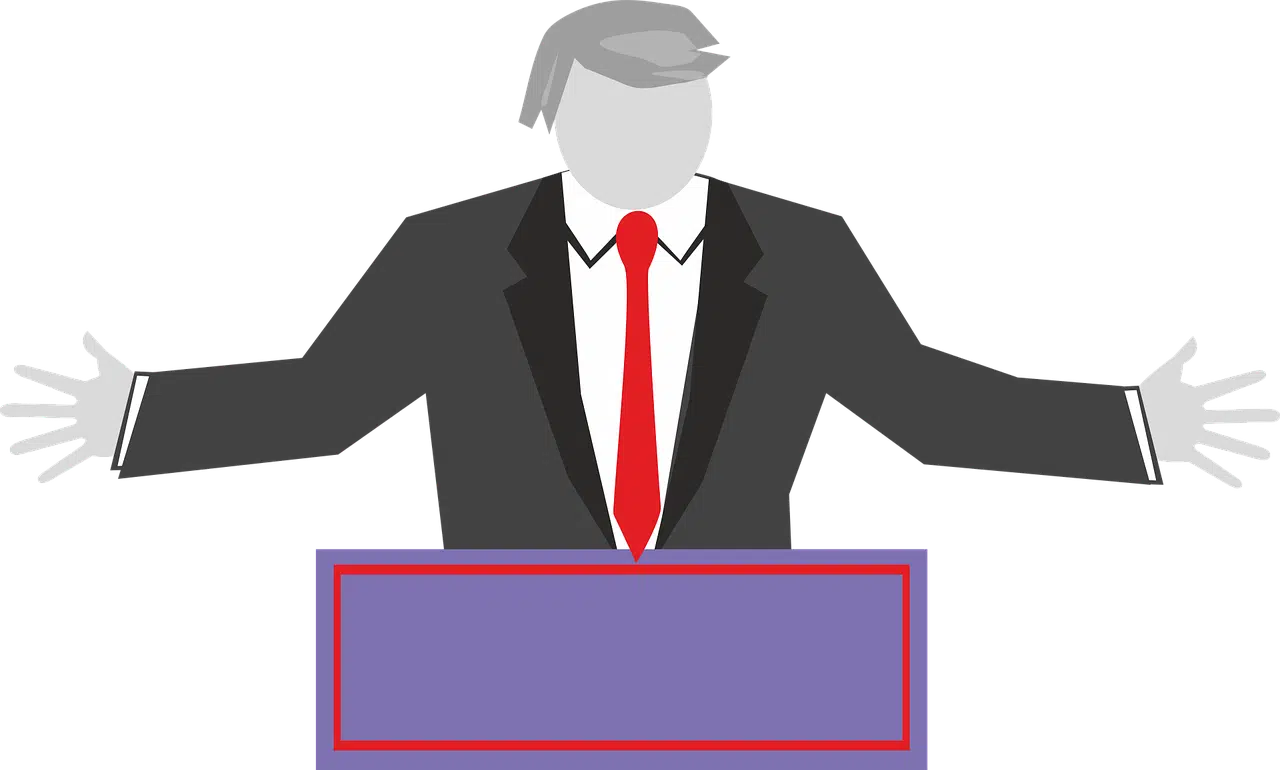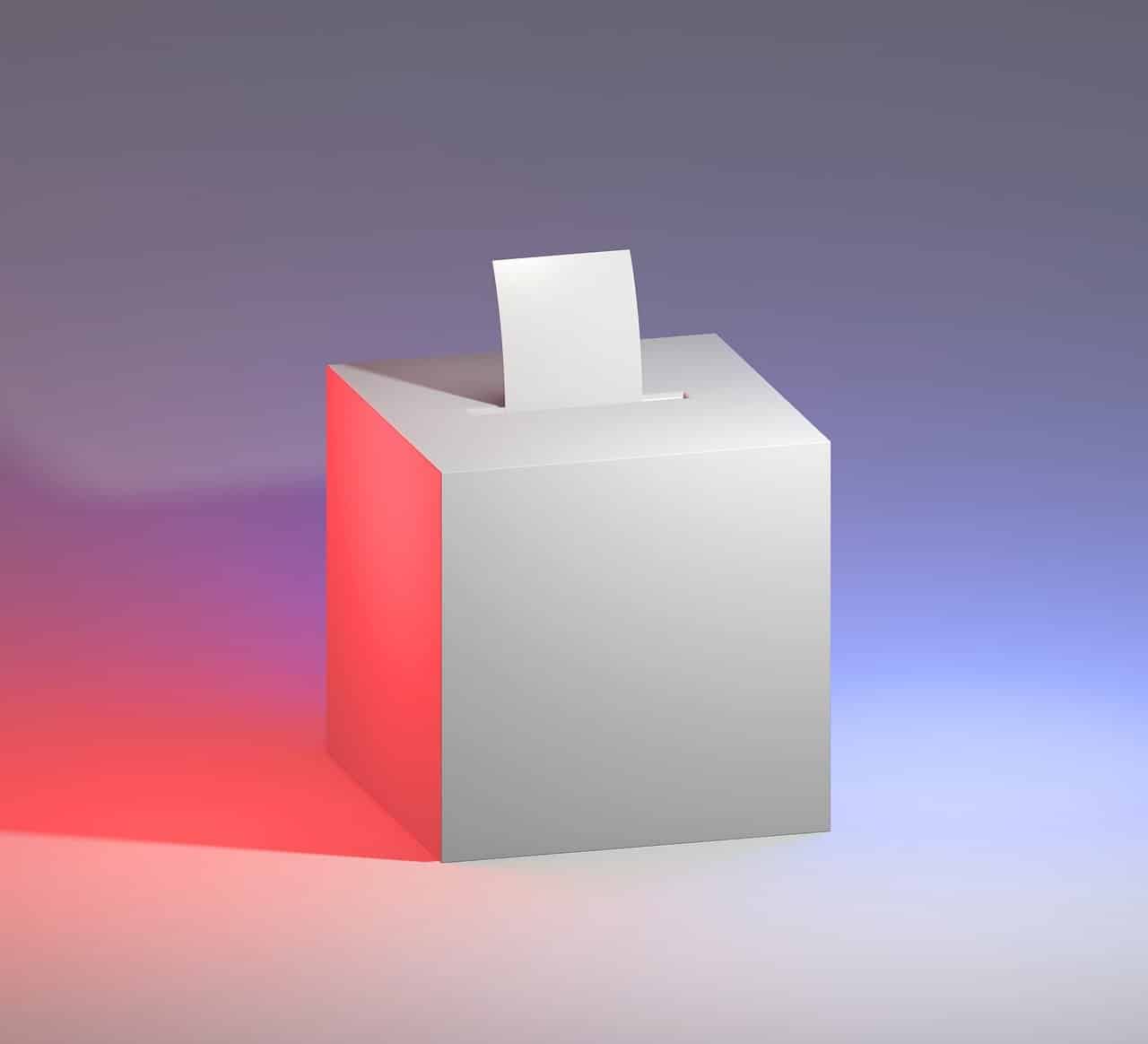
Political parties have leaders who make the most important decisions.
A political party is a group of individuals who meet and work as a team with the objective of accessing power and specifying their proposals for social organization .
It should be noted that politics encompasses all those activities that are ideologically oriented towards decision-making to achieve objectives . The term is also used to name the exercise of power to resolve conflicts.
The notion of party , for its part, has multiple meanings. One of them is that which refers to the group of people who defend the same cause or opinion .
Characteristics of a political party
Political parties are governed by doctrines and theories that explain their way of interpreting reality. A liberal-leaning political party, for example, will never propose the abolition of private property, since that would go against its beliefs.
Beyond the ideological, political parties have statutes or regulations that their members must respect. Only in this way will they be able to propose themselves as party candidates in an election process or participate in party decision- making.
To disseminate their proposals and seduce voters, political parties develop a platform and various programs where they detail the main problems of society and the solutions they propose to each of them.
In a representative democracy , voters find, when voting, the ballots of each political party with the candidates to occupy government or legislative positions.

It is common for political parties to present candidates in elections.
Your organization
With respect to its organization , one of the fundamental aspects that helps determine whether a group of people with common objectives is actually a political party, there are various characteristic ranges within its structure, which are set out below:
- Leadership : This is the core of the organization, the point at which power resources are focused. They act closely with other essential members of the system and make the most important decisions.
- Candidates : are the people who run for public office, both executive and legislative. Their selection is in charge of the rest of the party members.
- Bureaucracy : This is the administrative staff.
- Intellectuals and technicians : they are those who provide constant advice to leaders, help draft projects and collaborate with candidates during electoral campaigns .
- Militants : they are the people who are affiliated with the party, who provide their active and constant participation.
- Affiliates : These are those who register on the party's register and offer monetary help, through the payment of fees. On the other hand, they participate in the internal election of authorities and candidates.
- Supporters : although they do not integrate the party as part of its organizational chart, they are those people who agree with its ideas and principles, and express it, but limit their collaboration to voting and public opinion .
Ideology of a political party
Ideology is a fundamental element of a political party, since it distinguishes it from others, clearly defines it and guides its actions. The components of an ideology are the following: doctrines (all those beliefs that it considers acceptable and favorable as a basis for its activity), theories (interpretations of social, economic and political reality, both current and probable), platform (the most important problems that a society goes through at every moment), programs (the actions proposed to resolve all conflicts), slogans (mottos or slogans that represent it).
The trust of citizens largely depends on the rectitude with which a party defends its ideology; However, it is known that many resort to measures that are far from honest to get their votes, and it is because of this situation that the perception of the concept of a political party usually goes hand in hand with corruption , even when there are no concrete facts. that justify it.
